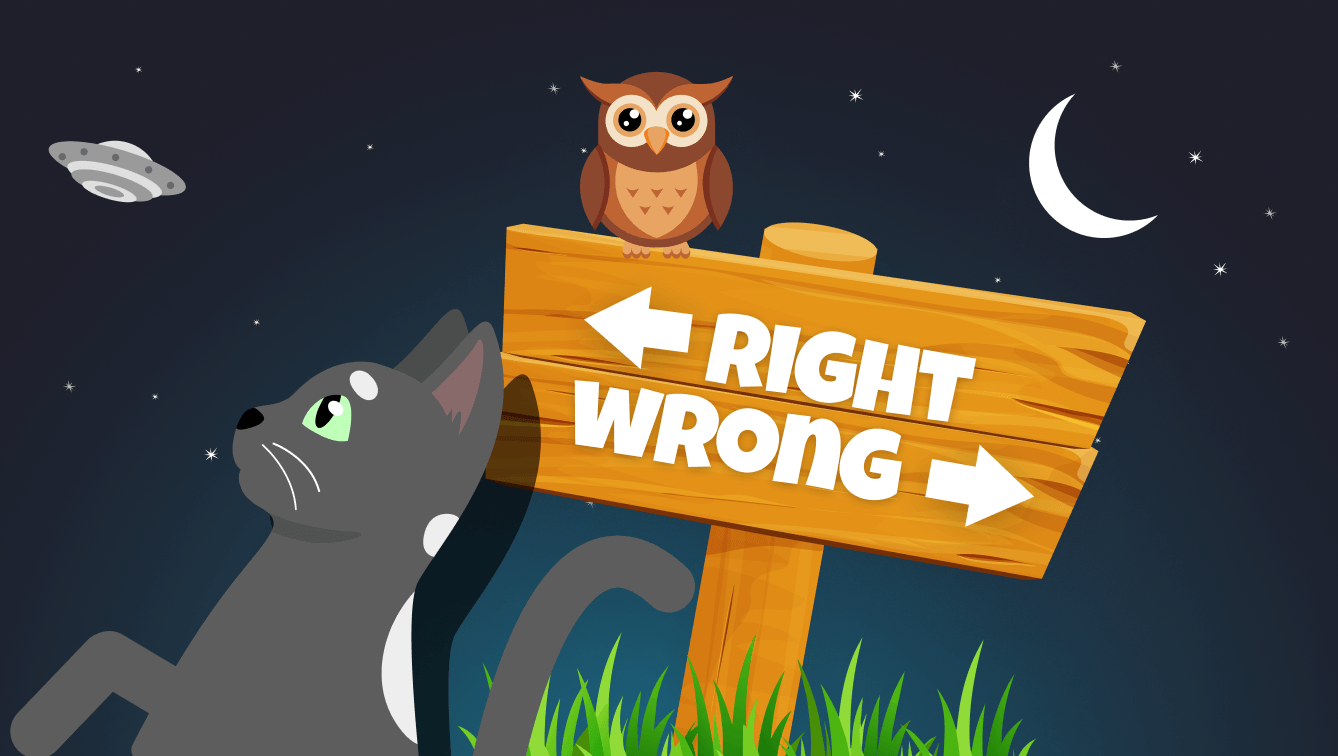This is what web accessibility means to people: it gives them the ability to take an equal part in our society. Much of the world considers that a human right.
If you work on a website – as a writer, designer, coder, or manager – the work you do has a part to play.
Web accessibility matters. Here’s why.
Accessibility allows people to live independently
Much of our knowledge, opportunities, and freedoms exist solely online. Access to services like education, retail, finance, and healthcare are fundamental human rights that demand accessibility. Without these, we deny people the ability to live independently.
Digital independence means that individuals, regardless of their physical or cognitive abilities, can navigate, understand, and interact with the web. This extends beyond the necessities and covers everything from job applications to social interactions to personal hobbies.
Your work can transform the lives of disabled people
The web can empower people with access to a service – or it can become another barrier. Through the websites we build, we all get to choose the world that we want.
Each line of accessible code, every design choice, has the potential to empower or exclude. Making your website accessible doesn’t just remove a barrier; it can be life-changing, providing a way for people with disabilities to connect with the world, engage in commerce, learn, and even find employment.
Promotes equality
The internet can be a great equalizer, breaking down barriers and granting access to information, opportunities, and services. Ensuring web accessibility is a step towards ensuring equal access for all.
In the absence of accessibility, we risk creating a digital divide, exacerbating existing inequalities. It’s important to remember that an accessible internet isn’t just about disability – it’s about equality, ensuring everyone, regardless of their circumstances, can participate in the digital age.
Help build a more inclusive society
Making the web accessible means creating a more inclusive society. The internet is a central part of our social and economic life, and by making it accessible, we ensure that no one is left behind.
It’s about more than just giving people access; it’s about acknowledging and valuing the diversity of human experiences and capabilities. This inclusivity promotes a sense of belonging, enabling everyone to contribute their skills, ideas, and perspectives to the digital world.
Aging population
As the population ages, more people will experience difficulties using the web (spoiler – one day, this includes you!)
By practicing web accessibility, we can ensure that the internet remains useful and usable for everyone, regardless of age or ability. Not only does this make good business sense – given the purchasing power of older adults – it also respects the rights of individuals to remain active and engaged at all stages of life. Accessibility isn’t just about those with disabilities; it’s about all of us as we navigate the changes that come with aging.
Social responsibility
As digital professionals, it’s our responsibility to ensure that the products and services we create are accessible. We have the power to create a more inclusive digital world, and with that power comes moral responsibility.
Every inaccessible website, app, or digital tool contributes to a society that excludes certain individuals. By championing accessibility, we’re fulfilling our role as responsible citizens in the digital community, striving to make the internet a welcoming place for everyone.
Fostering empathy
By working on web accessibility, we develop a greater sense of empathy. It’s a chance to step into other people’s shoes and understand the challenges they face, which can make us better designers, developers, and human beings.
This empathy doesn’t just result in better, more accessible products; it also promotes personal growth, encouraging us to become more compassionate, understanding, and aware. The process of making a website accessible can serve as a lesson in humility and empathy, reminding us that the web is, and should always be, for everyone.
How will you show up?
Most people take it for granted that key parts of the physical world should be accessible – for example, shops should have wheelchair ramps, and movies should have captions. We consider this a fundamental human right.
But the web is often hidden from us, out of sight.
As website professionals it falls to us to better understand our users and to deliver to them the kinds of experiences we would want for ourselves. One day you may be old, or injured, or denied some ability you presently take for granted. How would you want the web to show up for you?
